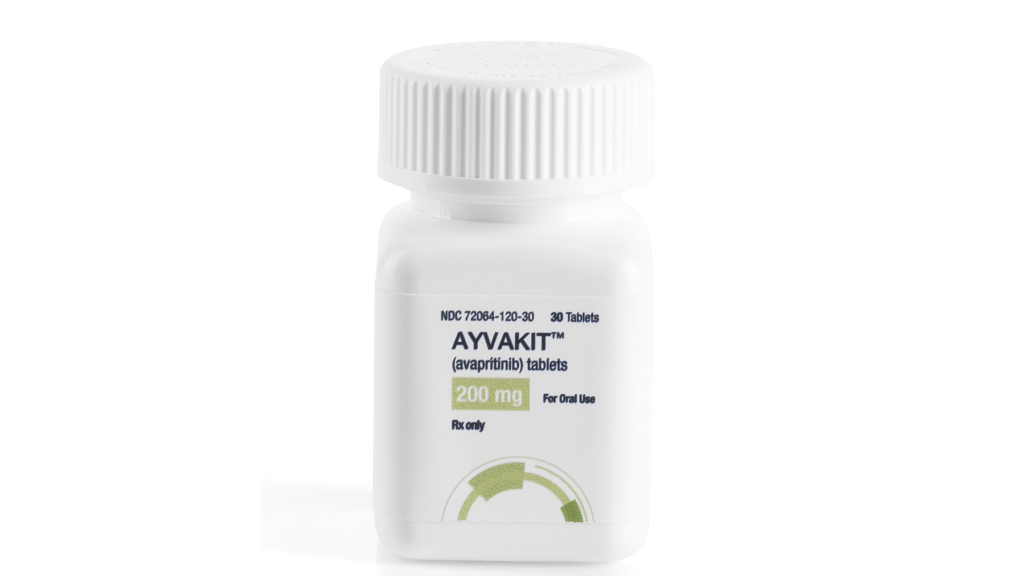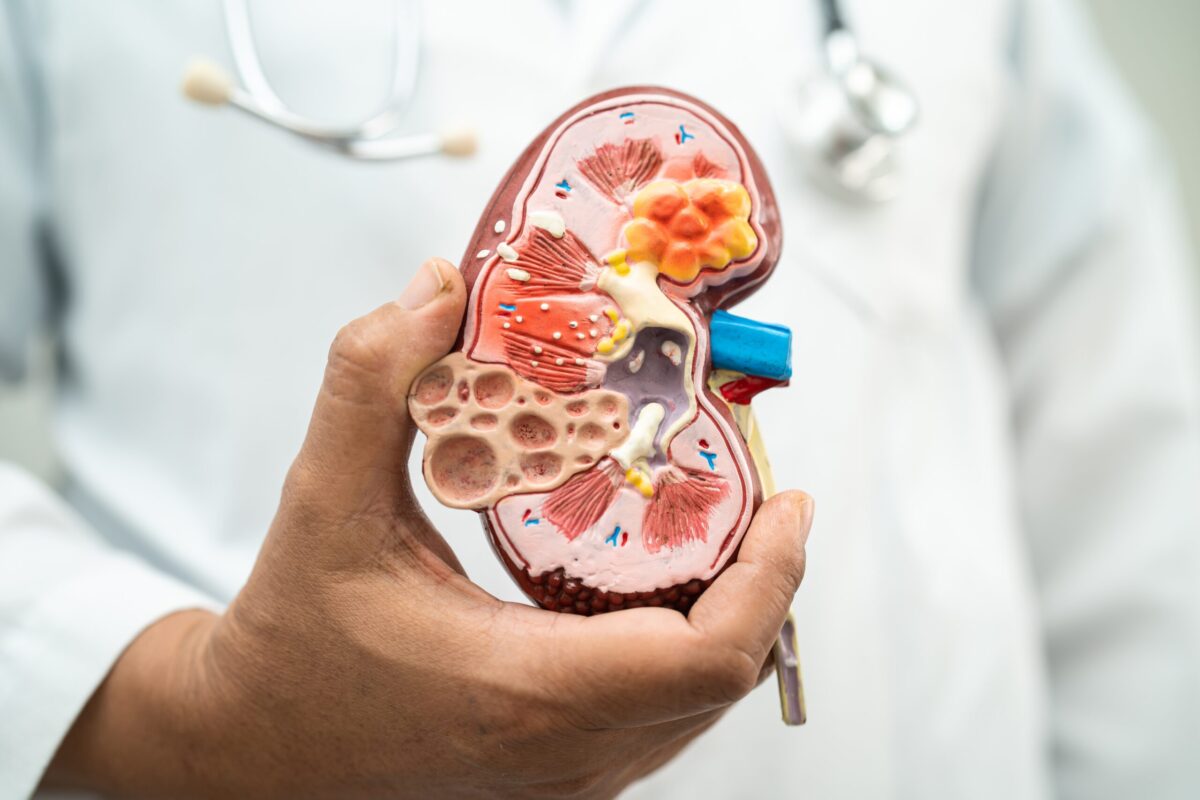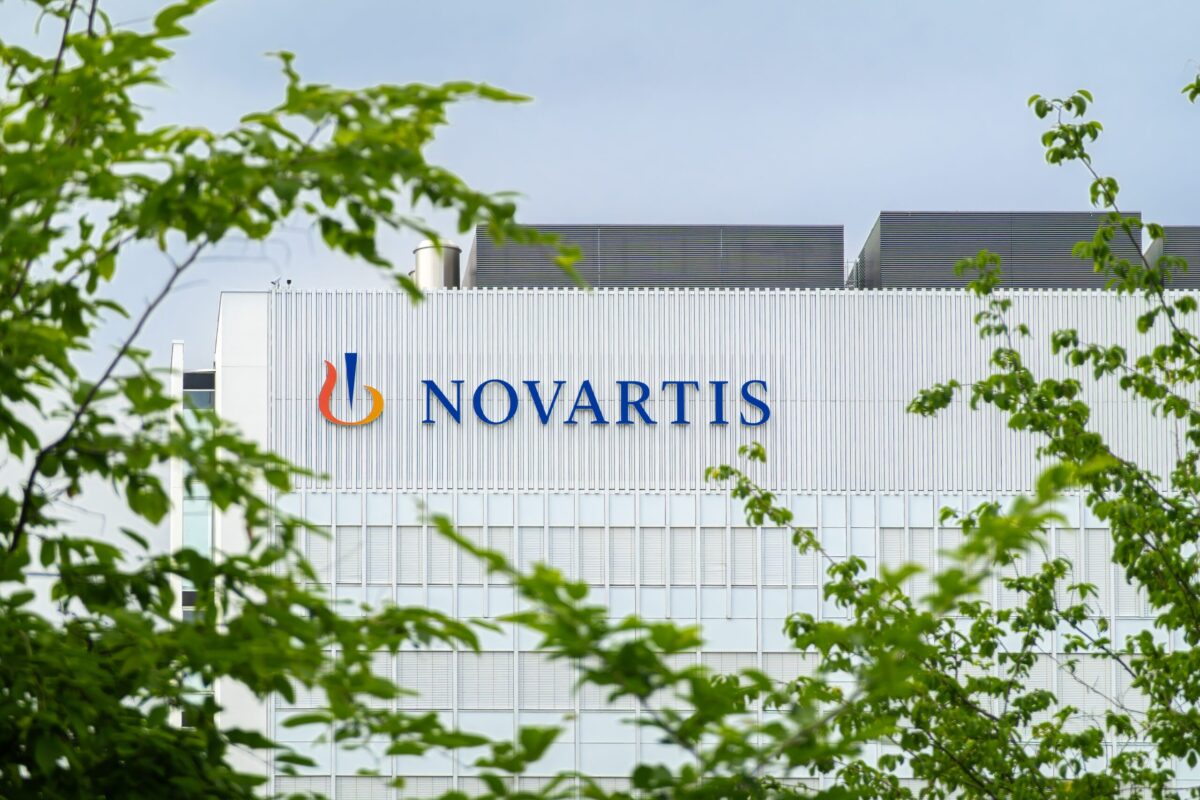Blueprint Medicines announced top-line results from their clinical trial of Ayvakit (avapritinib) in patients with non-advanced systemic mastocytosis (SM) that showed clinically meaningful and highly significant improvements. Blueprint plans to submit a Supplemental New Drug Application to the US Food and Drug Administration (FDA) in Q4 2022, as well as a type II variation marketing authorization application to the European Medicines Agency (EMA) in 2023.
Approval of Ayvakit for non-advanced SM would expand its current indications for advanced SM, which includes aggressive SM, SM with an associated hematological neoplasm and mast cell leukemia, as well as unresectable/metastatic gastrointestinal stromal tumor harboring a PDGFRA exon 18 mutation (including PDGFRA D842V mutations).
What Is Non-Advanced Systemic Mastocytosis?
Systemic mastocytosis (SM), a rare disorder, is an aggressive type of mastocytosis that affects approximately 1 per 10,000 to 20,000 people. In mastocytosis, overreactive mast cells, white blood cells that fight off infections and are involved in allergic reactions, cause a variety of inflammatory symptoms. These can include pruritus (itchy skin), flushing and even anaphylaxis, as well as gastrointestinal problems, osteoporosis and neuropsychiatric symptoms.
SM is caused by mutations to the KIT gene, which encodes CD117, a transmembrane tyrosine kinase that regulates mast cell growth and migration. Activating and inactivating KIT mutations result in increased mast cell signaling, leading to SM. KIT mutations are not inherited but could be present at birth.
An SM diagnosis is determined by the results of blood, bone marrow biopsy and bone density tests. Depending on these findings, patients can be further categorized into different subtypes of the disease, including non-advanced (indolent and smoldering) or advanced SM. Those with more advanced disease have a less favorable prognosis, with a median overall survival of just 3.5 years; however, all types of SM are associated with a poor quality of life.
XTALKS WEBINAR: Few-Shot Prediction of Drug-Target Binding Affinities for Small Molecule Drug Discovery
Live and On-Demand: Monday, September 26, 2022, at 3pm EDT (12pm PDT)
Register for this free webinar to learn about the proposed meta-learning approach for drug-target binding affinity prediction with the results, limitations and future perspectives.
What Were the Results from the PIONEER Clinical Trial?
Ayvakit (avapritinib) is a tyrosine kinase inhibitor that selectively targets a specific mutation of the KIT gene called D816V, which causes approximately 95 percent of SM cases. It also inhibits PDGFRA D842 mutants and multiple KIT exon 11, 11/17 and 17 mutants. Ayvakit was previously approved to treat patients with advanced SM, which includes aggressive SM, SM with an associated hematological neoplasm and mast cell leukemia.
The PIONEER trial is a randomized, double-blind, placebo-controlled, registrational study, which included three parts, that evaluated the effects of Ayvakit in patients with non-advanced SM. In the trial, 141 people with indolent SM with moderate-to-severe symptoms were treated with 25 mg of Ayvakit once daily over 24 weeks; 71 patients received placebo. All trial participants also received the best available care.
Patients treated with Ayvakit experienced a significant reduction in total symptom score at 24 weeks compared to placebo. Ayvakit also significantly improved serological parameters, including significant reduction in mast cell burden and serum tryptase, a mast cell secretion that is a diagnostic indicator of SM. Both primary and secondary endpoints were achieved in the trial.
Ayvakit was well tolerated, with a similar rate of treatment-related adverse events (TEAEs) across both groups of participants with low rates of discontinuation. TEAEs reported included headache (Ayvakit: 7.8 percent; placebo: 9.9 percent), nausea (Ayvakit: 6.4 percent; placebo: 8.5 percent), peripheral edema (Ayvakit: 6.4 percent; placebo: 1.4 percent) and periorbital edema (Ayvakit: 6.4 percent; placebo: 2.8 percent); these occurred in least three patients in either arm and at least five percent of Ayvakit-treated patients.
Blueprint plants to share these data at an upcoming medical conference.
How Might Ayvakit (avapritinib) Help Patients with SM?
Data from the PIONEER trial indicates that Ayvakit may be a safe and effective treatment for both advanced and non-advanced MS, and, if approved, would provide a new therapeutic option to patients with different types of SM.
“Non-advanced systemic mastocytosis is a lifelong disease with severe physical, emotional and social impacts that profoundly reduce patients’ quality of life … The PIONEER clinical trial results offer hope to these patients and help pave the way for new innovation in treatment,” said Lauren Denton, Executive Director of The Mast Cell Disease Society, in a press release.
In addition to avapritinib, there are many other drug candidates, including monoclonal antibodies, peptides and gene therapies, currently in testing for different types of SM.












Join or login to leave a comment
JOIN LOGIN